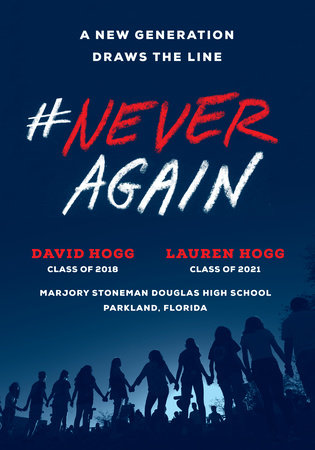The power game behind the search for a new L.A. schools leader:
The power game behind the search for a new L.A. schools leader
The search for a new Los Angeles schools superintendent is proceeding behind closed doors, but the underlying power politics extend well beyond the room where seven elected Board of Education members are at work.
There now appear to be three finalists since Indianapolis Supt. Lewis Ferebee withdrew from consideration this week. They are, in alphabetical order: former Baltimore Supt. Andres Alonso, former investment banker Austin Beutner and Vivian Ekchian, who is L.A.'s interim superintendent.
Some of the city's power brokers seem to be invested in Beutner, 58, who is himself one of L.A.'s more influential leaders. But they are keeping a low profile, apparently working behind the scenes on his behalf.
The person who gets the job will have to confront the Los Angeles Unified School District's rising pension costs, vastly underfunded retiree health benefits and declining student enrollment, which could push the nation's second-largest school system toward financial crisis. Many schools also perform well below state averages academically.
What happened in closed session Tuesday, and who has the inside track?
The board met in private for about 10 hours. Much of that time was spent on second interviews with Alonso and Beutner. (Ekchian had hers last week.) Deliberation lasted until about 10 p.m. and often got heated, sources said. The meeting recessed with no announcement.
In any scenario, the majority would prefer to avoid a 4-3 vote if one of those four votes belongs to Ref Rodriguez, who faces criminal charges for alleged political money laundering. He has denied wrongdoing, but his reputation has suffered and he could be forced from office if convicted.
Informed speculation suggests that Beutner has the easiest path to a four-vote majority, and the core of that support would come from the four-member board majority elected with major financial backing from charter school advocates. Beutner has tried to avoid polarizing comments on charter-related issues, though he has served on the boards of charter school organizations and contributed to charter-backed candidates for public office.
But his lack of experience in managing schools or school districts could give some board members pause, including those in the charter-backed bloc.
If that bloc holds for Beutner, a fifth vote could come from Richard Vladovic, who has triangulated between opposing district factions without alienating them.
If Beutner cannot get past four votes, the board could turn to Alonso, especially if switching gears could bring him five or six votes.
From 2007 to 2013, Alonso, 60, managed to navigate opposing political forces in Baltimore, forging a respectful relationship with the teachers union while also winning praise from advocates, such as charter backers, who frequently do battle with unions.
In the current climate, the 57-year-old Ekchian, the insider, looks like a fallback choice. She would not be the first L.A. superintendent to ascend this way. Were she to be selected, a 7-0 vote is possible, as a gesture of goodwill.
What happens next?
The board meets Friday at noon. It's possible that the choice is already made and that the delay until Friday is simply to prepare for the announcement or to hash out contract details. Or maybe the debate continues.
How might the new board majority affect the superintendent selection process?
Supt. Michelle King was hired in 2016 by a board that wanted her to win back students who had left the school system for charter schools. These independently operated campuses Continue reading:
The power game behind the search for a new L.A. schools leader:
Big Education Ape: Beutner emerges as a top pick for L.A. schools superintendent amid last-minute jockeying -
http://bigeducationape.blogspot.com/2018/04/beutner-emerges-as-top-pick-for-la.html







